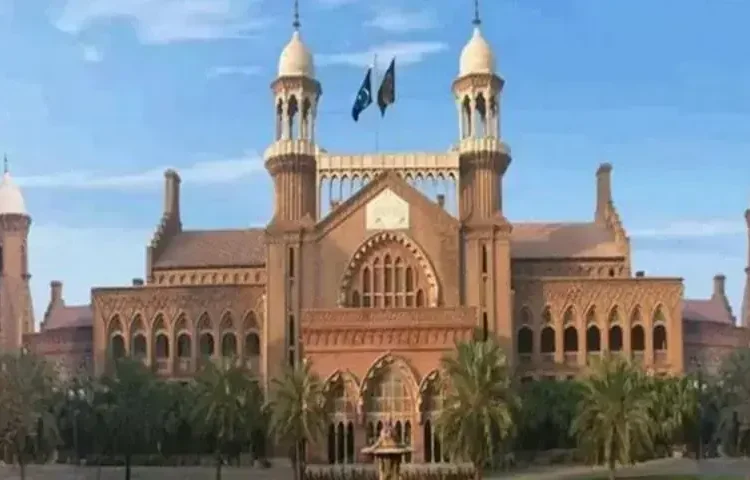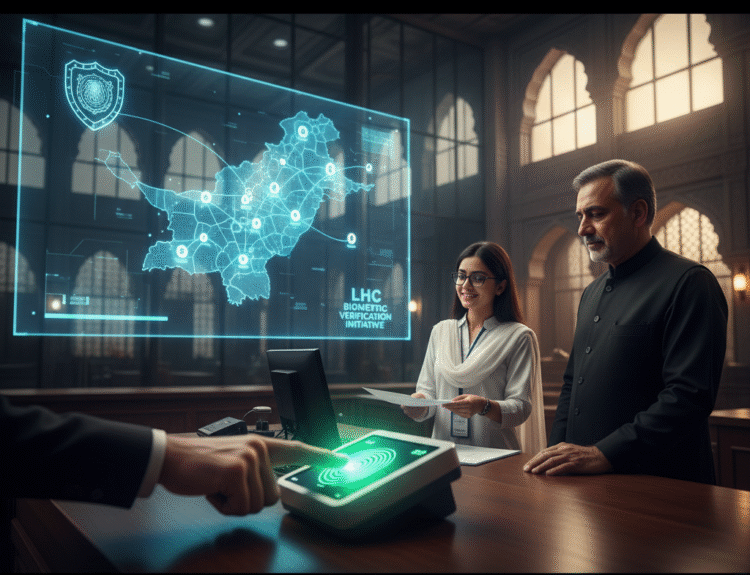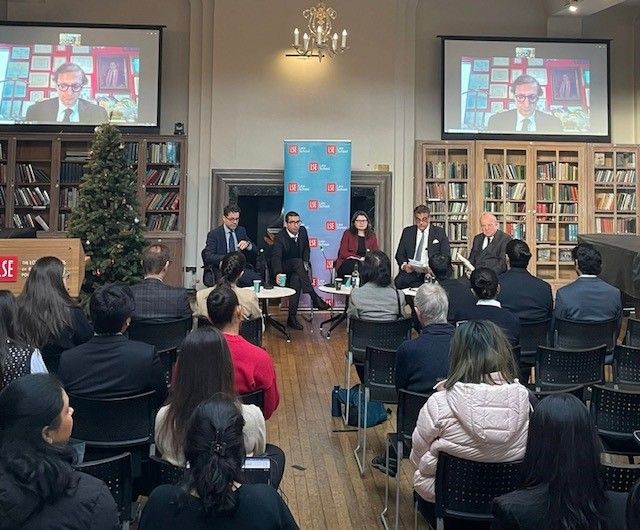NAGASAKI, JAPAN – On the somber occasion of the 80th anniversary of the atomic bombing of Nagasaki, a survivor of the attack made a heartfelt and urgent appeal to young people around the world, urging them to become the new voice of a global movement for peace and nuclear disarmament.
Terumi Tanaka, a 93-year-old survivor of the Nagasaki atomic bombing and co-chair of the 2024 Nobel Peace Prize-winning Nihon Hidankyo, has called on younger generations to create a movement for the abolition of nuclear weapons that “inspires others.”
The Japan Times reported , Tanaka has spent over half a century spearheading a movement for peace by hibakusha, or survivors of the U.S. atomic bombings of Hiroshima on Aug. 6, 1945, and of Nagasaki three days later, in the closing days of World War II. Tanaka was exposed to radiation from the atomic bomb dropped on Nagasaki, which killed five of his relatives.
- mosbet casino
- mosbet
- 1vin
- mosbet
- 4rabet mirror
- pinap
- pinup
- mosbet
- mosbet
- pin up online
- 1wın
- mostbet
- pinco
- mostbet uz
- pin up casino uz
- 1vin
- 1win
- mostbet online
- mostbet
- 1 win
- pinup uz
- pinup casino
- 1vin
- 1win casino
- snai giochi
- mostbet casino
- mostbet casino
- 1win
- pinup uz
- 1win casino
- mostbet casino
- mosbet
- pinup az
After first becoming involved in the hibakusha movement in around 1970, Tanaka served as secretary-general of Nihon Hidankyo, formally called the Japan Confederation of A- and H-Bomb Sufferers Organizations, for about 20 years before assuming his current post of co-chair in 2017.
“The era of hibakusha themselves working to share their experiences and talking about nuclear weapons is coming to an end,” Tanaka said, with 80 years passing since the bombings and the number of those who experienced them firsthand dwindling. “We are now at a time of major transition from our conventional activities based around our testimonies.”
He said the most important thing is that younger people act based on the testimonies of hibakusha. “I hope that they put their heads together and pour their energy into creating a movement that inspires others,” he said.
In December last year, Tanaka delivered a speech at the Nobel Peace Prize award ceremony in Norway, describing the abolition of nuclear arms as his “heartfelt desire.”
The Nobel Peace Prize is “a key award with global influence,” Tanaka said. “We need to work to spread our message once again on what nuclear weapons are.”
While the award has piqued interest within Japan over the hibakusha movement, this has not been enough to encourage more people to join it, Tanaka said. “We’ll create a structure under which people who are interested (in such a movement) can thrive,” he said.
On no nuclear weapons having been used since the atomic bombings of Hiroshima and Nagasaki, Tanaka said, “Hibakusha have worked strenuously to create a ‘nuclear taboo.'” But he added, “We can’t say with confidence that nuclear weapons will never be used again.”
“A nuclear war would end the human race,” he said. “Abolishing nuclear weapons is the biggest challenge for humankind and the most important task for me.”
In this landmark year, Tanaka remains busy giving lectures to people across the country. He said he wants young people to “understand how Japan ended up in war and then became a peaceful country.” “I hope they think about what kind of country they want Japan to be,” Tanaka added.






